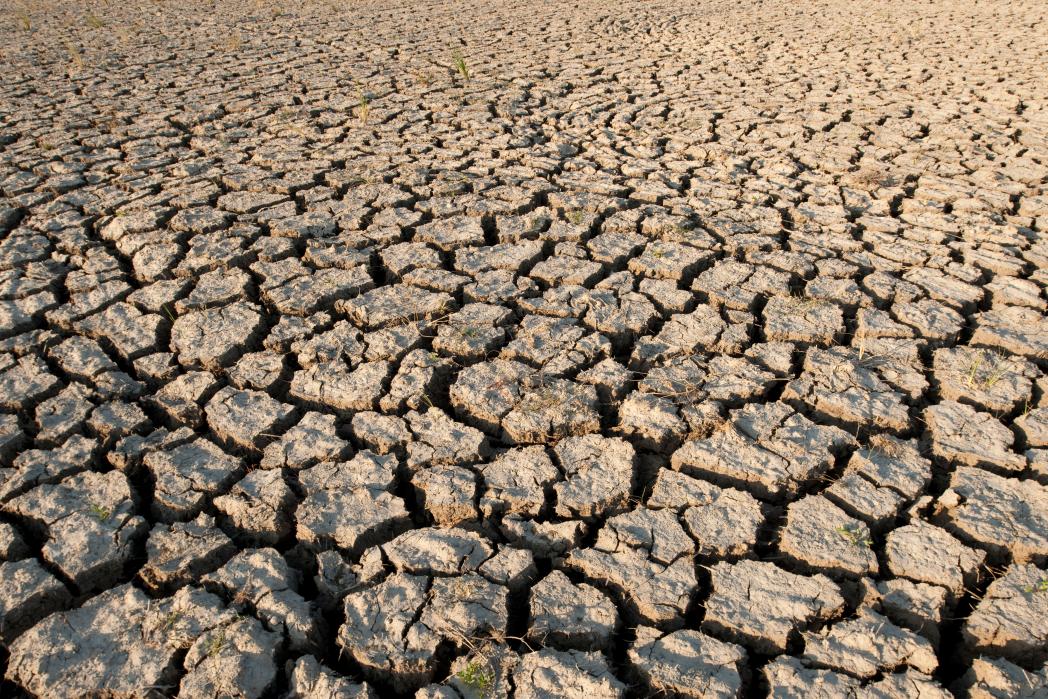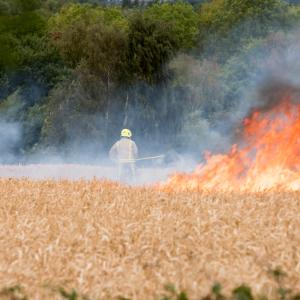The impacts to humans and animals are alarming, as forests provide a habitat for well over half of the planet’s terrestrial biodiversity and are home to 60 million indigenous people.
Both commercial and small scale landowners are deforesting large areas to make way for palm oil and soy production and raising beef cattle - products we buy from the supermarkets. 40% of forests have disappeared to agricultural land, with 15 million trees lost each year just for soy production, with meat consumption the biggest contributor to biodiversity loss.
The heat is on
The impact on our climate however is a bigger issue. Forests are the world’s largest naturally absorbing carbon storehouses (after oceans), so significant reductions in forest areas around the globe limit the planet’s absorbing capabilities. This results in increased carbon stored in the atmosphere, leading to temperature rises, damaging crops, causing drought and killing animals.
This also causes erratic changes in our weather, making it harder to predict patterns and also to cope and recover from extreme weather. Rising temperatures mean the prospect of less of the foods we eat, as they will not grow.

With rising temperatures comes the prospect of droughts, which mean less water for plants and crops to grow, leading to food shortages and rising food prices – due to the scarcity of certain foods.
What can we do?
There are many things we still need large scale businesses and governments to do to change their habits and provide more sustainable products.
As individuals we can make small changes, and enough of these will have positive impacts. By reducing our meat consumption, we can help to reduce our carbon and water footprints and drive down demand for unsustainable foods.

Plant-based proteins provide the nutrition we need, without the impacts to the planet. Flexitarianism means less meat and more vegetables in our diets, and this will not only help to protect the planet, but provide us with healthier lifestyles. Everyone and everything benefits.
This Saturday is Earth Hour, and this year we’re asking you to make your promise to help protect our valuable forests, and don’t forget to share this message with your family, friends and colleagues.
 Will you make a promise for the planet?
Will you make a promise for the planet?
 Forests
Forests
 Our fight against climate change and global warming
Our fight against climate change and global warming